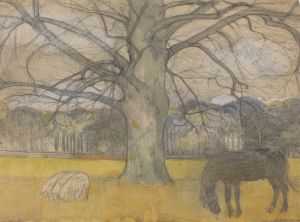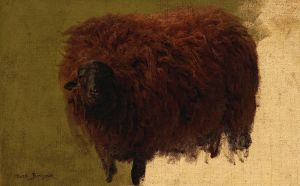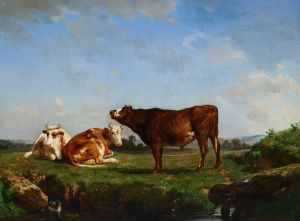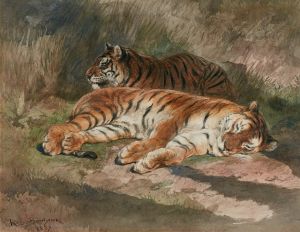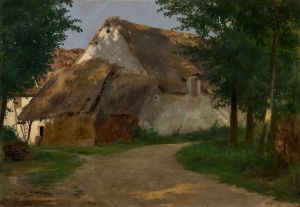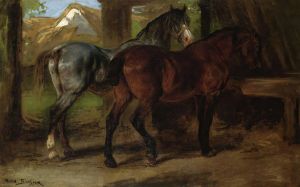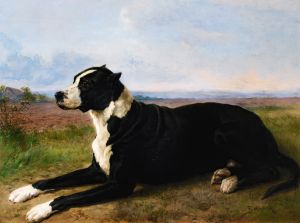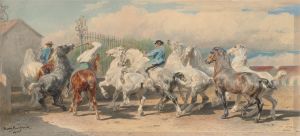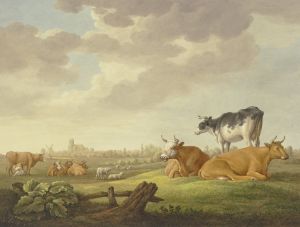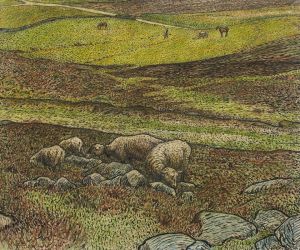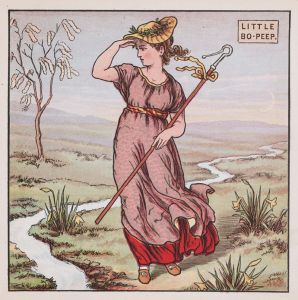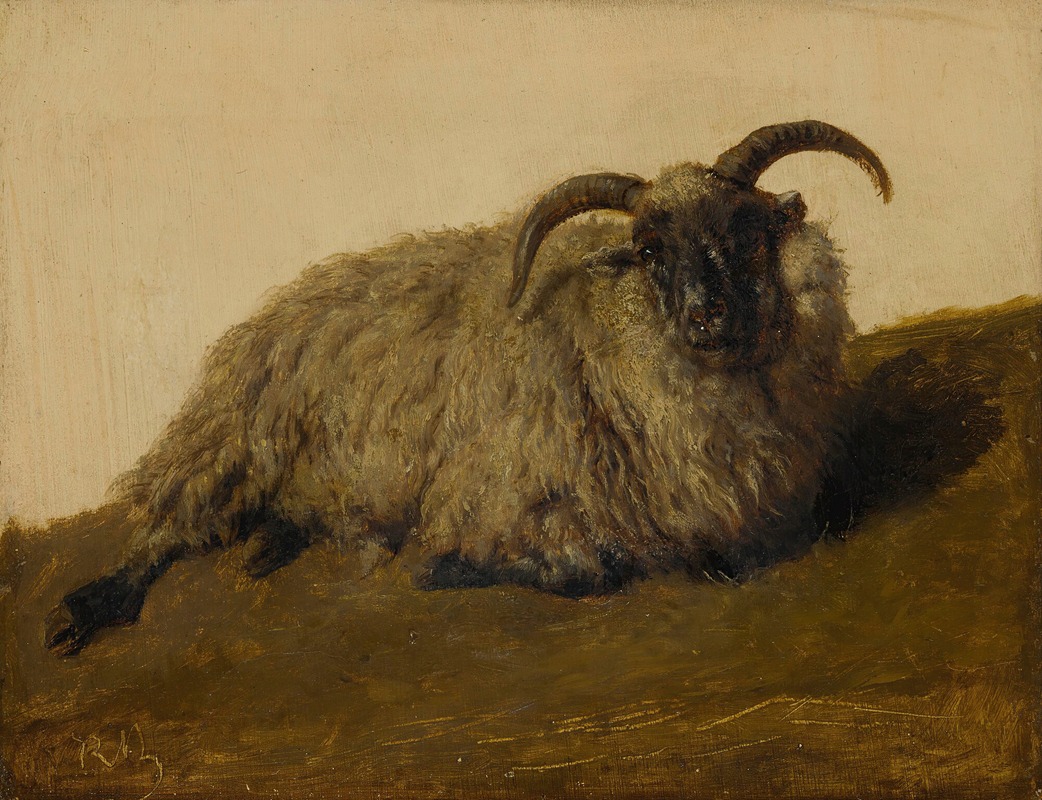
Le Mérinos
A hand-painted replica of Rosa Bonheur’s masterpiece Le Mérinos, meticulously crafted by professional artists to capture the true essence of the original. Each piece is created with museum-quality canvas and rare mineral pigments, carefully painted by experienced artists with delicate brushstrokes and rich, layered colors to perfectly recreate the texture of the original artwork. Unlike machine-printed reproductions, this hand-painted version brings the painting to life, infused with the artist’s emotions and skill in every stroke. Whether for personal collection or home decoration, it instantly elevates the artistic atmosphere of any space.
Le Mérinos is a painting by the renowned French artist Rosa Bonheur, who is celebrated for her realistic depictions of animals. Born in 1822, Bonheur was a prominent figure in the 19th-century art world and is best known for her works that capture the essence and vitality of animals with remarkable accuracy and detail.
Le Mérinos, which translates to "The Merino Sheep," is one of Bonheur's many works that focus on livestock, a subject she was particularly passionate about. The Merino sheep, originally from Spain, are known for their fine wool and have been a significant breed in the agricultural history of Europe. Bonheur's interest in rural life and animals is evident in this painting, which showcases her ability to portray the natural beauty and character of her subjects.
The painting features a Merino sheep, rendered with meticulous attention to detail. Bonheur's skillful use of light and shadow brings out the texture of the sheep's wool, highlighting its softness and density. The animal is depicted in a naturalistic setting, possibly a pasture, which adds to the authenticity of the scene. Bonheur's background in studying animal anatomy is evident in the lifelike representation of the sheep, capturing its physical form and serene demeanor.
Rosa Bonheur's dedication to her craft involved extensive research and observation. She often visited farms, slaughterhouses, and even dressed in men's clothing to gain access to places where women were not typically allowed. This commitment to understanding her subjects is reflected in the accuracy and vitality of her animal portraits, including Le Mérinos.
Bonheur's work was highly regarded during her lifetime, and she received numerous accolades for her contributions to art. In 1865, she was awarded the Legion of Honour by the French government, becoming the first female artist to receive this prestigious award. Her paintings were exhibited widely, and she gained international recognition, with her works being collected by art enthusiasts and institutions around the world.
Le Mérinos exemplifies Bonheur's mastery in animal painting and her ability to convey the dignity and beauty of rural life. The painting not only showcases her technical skill but also her deep appreciation for the natural world. Bonheur's legacy continues to inspire artists and animal lovers alike, and her works remain an important part of art history.
Today, Rosa Bonheur's paintings, including Le Mérinos, are held in various museums and private collections. They serve as a testament to her talent and her unique perspective on the relationship between humans and animals. Bonheur's influence extends beyond her lifetime, as she paved the way for future generations of female artists and contributed significantly to the genre of animal painting.





